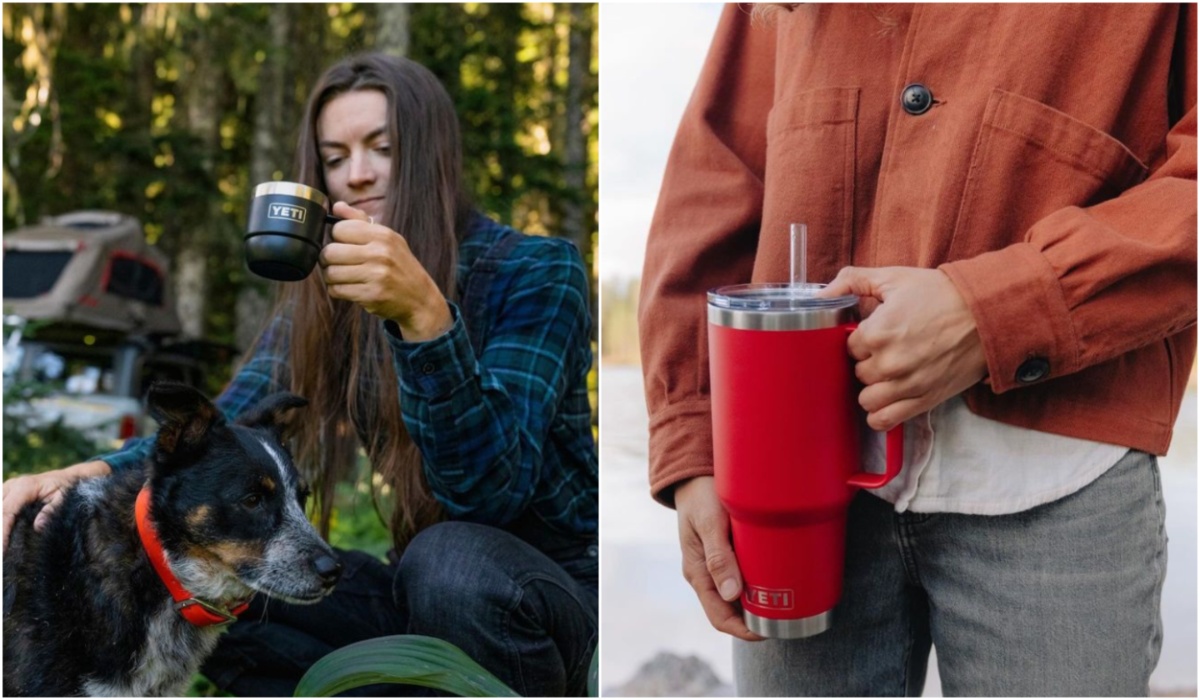Here’s What You Need To Know About Yeti Cups and Lead

The last thing you’d want is to consume a harmful dose of lead from a trusted tumbler brand. Everybody on TikTok was freaking out over the possibility of lead content in their Stanley Quencher, and some influencers bought lead testing kits during the scare.
The results were mixed, but it’s best to read about that here. Yeti Cups, on the other hand, aren’t being tested en masse, but it’s a question worth asking anyway. You’ve probably had that Yeti Cup since 2010, and you have been able to let go since.
Is it safe to drink from Yeti cups?
Both the Stanley Quencher Cup and the Yeti Cup made their way to Lead Safe Mama’s blog, run by filmmaker and lead-poisoning prevention advocate Tamara Rubin. She tested the Yeti cup internally and externally, as well as its lid and base. The result indicated no presence of lead either inside or outside of the Yeti Cup. No trace of BPA was found in the Yeti Cup, either, making it completely safe for beverage consumption.
Does Yeti have anything to say about its cup? They’ve also defended the fact that their cups are BPA-free, but they have some products that could expose consumers to harmful chemicals that were listed in California Proposition 65. Their Trailhead Camp Chair, Hondo Base Camp Chair, Bear Proof Locks, and Security Cable Lock & Bracket all contain lead.
It’s not like you’re going to lick a chair or eat a security cable lock from Yeti. What matters is that your Yeti Cup is safe, so there’s no need to throw it out.
(featured image: Yeti)
Have a tip we should know? tips@themarysue.com